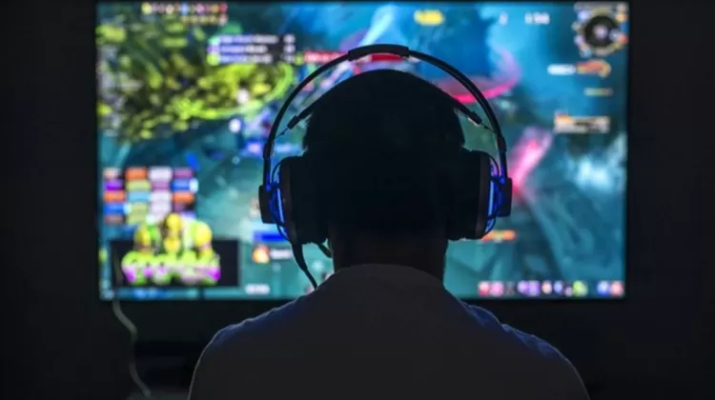In the digital era, where gaming technology plays a pivotal role in various aspects of our lives, the intersection of gaming and education has become increasingly prominent. Beyond mere entertainment, gaming technology has proven to be a powerful tool for honing skills and intelligence. This article delves into the ways in which technology-based games contribute to the enhancement of abilities, fostering a holistic approach to learning and personal development.

Cognitive Challenges and Problem-Solving
Modern video games often present complex challenges and intricate puzzles that require players to employ critical thinking and problem-solving skills. Engaging with these challenges stimulates the brain, enhancing cognitive functions such as logical reasoning, strategic planning, and spatial awareness. Whether navigating a virtual world or deciphering in-game puzzles, players are constantly exercising their mental faculties.
Hand-Eye Coordination and Reflexes
Action-oriented games, especially those in the genres of sports or first-person shooters, demand precision and quick reflexes. Playing these games requires players to synchronize their visual input with motor responses, thereby improving hand-eye coordination and reaction times. These skills are not only vital in the gaming realm but also have practical applications in various real-world scenarios.
Multitasking and Time Management
Many video games require players to juggle multiple tasks simultaneously, fostering the development of multitasking abilities. Whether managing resources in a strategy game or controlling various in-game elements simultaneously, players learn to allocate their attention effectively. This skill translates well into everyday situations that demand multitasking and efficient time management.
Strategic Thinking and Planning
Strategy games, a popular genre in the gaming world, encourage players to formulate long-term plans and make decisions with consequences. Engaging in these virtual scenarios hones strategic thinking, teaching individuals to anticipate outcomes and make informed choices. The ability to strategize is applicable not only in gaming contexts but also in professional and personal decision-making.
Collaboration and Social Skills
Online multiplayer games provide an avenue for players to collaborate, communicate, and strategize with teammates. This fosters the development of social skills, teamwork, and effective communication. In an era where digital collaboration is increasingly prevalent, the social dynamics within gaming environments can contribute to enhanced interpersonal skills.
Adaptability and Resilience
Gaming often involves facing unexpected challenges, encountering setbacks, and adapting to changing circumstances within the virtual world. This cultivates a sense of adaptability and resilience, teaching players to overcome obstacles and learn from failures. These qualities are crucial not only in gaming but also in navigating the complexities of real-life situations.
Conclusion
The realm of gaming technology has transcended its traditional boundaries, emerging as a dynamic platform for the development of cognitive abilities and skills. As individuals engage with diverse genres of video games, they simultaneously sharpen their problem-solving skills, enhance hand-eye coordination, and cultivate strategic thinking. Recognizing the potential of gaming technology as a tool for intellectual and skill development opens up exciting possibilities for education, cognitive enhancement, and personal growth in the digital age.
